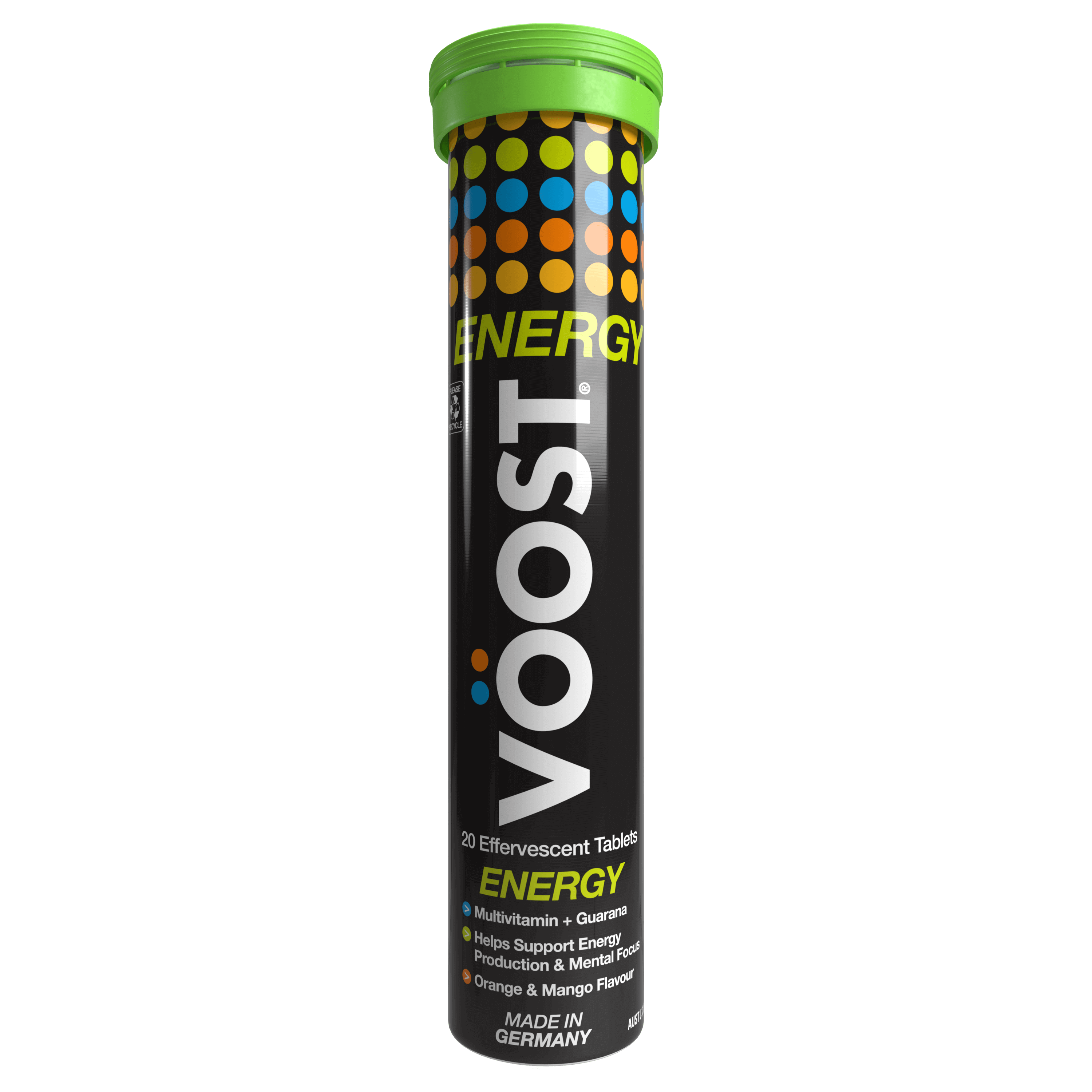1. There are many different types of B Vitamin
When it comes to vitamin B we aren’t just talking about one vitamin but eight!
These are:
Thiamin (B1)
Riboflavin (B2)
Niacin
Pantothenic acid
Vitamin B6 (pyridoxine)
Biotin
Folate (called folic acid when included in supplements)
Vitamin B12 (cobalamin)
The B vitamins, biotin, niacin, pantothenic acid, vitamins B1, B2, B6 and B12 all contribute to normal energy-yielding metabolism and in conjunction with folate, are often referred to as the B complex.
2. Vitamin B12 is not found naturally in all foods
Vitamin B12 is involved in making red blood cells, has a role in the process of cell division and helps to release energy from food.
Vitamin B12 is only found naturally in foods from animal sources. Good sources include: meat, salmon, cod, milk, cheese, eggs, so if you eat meat, fish or dairy foods, you should be able to get enough vitamin B12 from your diet. However, sources for vegans are therefore limited and a vitamin B12 supplement may be needed. ¹
Good sources of vitamin B12 for vegans include:
Unsweetened soya drinks fortified with vitamin B12
Yeast extract such as Marmite or Vegemite, which is fortified with vitamin B12 Other sources of B12 are some fortified breakfast cereals and B12 supplements. ²
3. Thiamin cannot be stored in the body so you need it in your diet every day
You should be able to get all the thiamin (also known as thiamine or vitamin B1) you need from your daily diet.
Thiamin is found in many foods including Brown rice, peas, beans and other vegetables, fresh and dried fruit, fortified breakfast cereals, wholemeal or wholegrain breads and cereals, eggs, pork, bacon and liver. ³ ⁴
The amount of thiamin adults (aged 19 to 64) need is 1mg a day for men and 0.8mg a day for women. Thiamin cannot be stored in the body, so you need it in your diet every day. ⁵
Thiamin contributes to the normal function of the heart. Like the other B vitamins, it also contributes to normal energy yielding metabolism and helps to reduce tiredness and fatigue.
All the vitamins of the B complex variety are water soluble, which means they easily dissolve in water. Unlike the fat- soluble vitamins, water-soluble vitamins are generally not stored in the body. For this reason, you should try to get them regularly from your diet.
You should aim to eat a varied, balanced diet, including at least five portions of a variety of fruit and vegetables each day, with fresh, frozen, tinned, dried or juiced all counting towards your daily quota.
Food supplements should not replace a balanced diet and healthy lifestyle, however it can support you in getting your recommended daily intake# especially if you struggle to eat healthily.
VÖOST Performance contains Vitamins B1, B2 and B12 which contribute to normal energy yielding metabolism when consumed in their recommended daily amounts.
VÖOST products have no sugar added, no preservatives added, no added dairy, lactose or yeast and are simply added to 200ml of water and enjoyed.
#when dietary intake is inadequate
This article is for informational purposes only and is not a substitute for professional medical advice, diagnosis or treatment. Please reach out to a qualified medical professional before engaging in any physical activity, or making any changes to your diet, medication or lifestyle.





